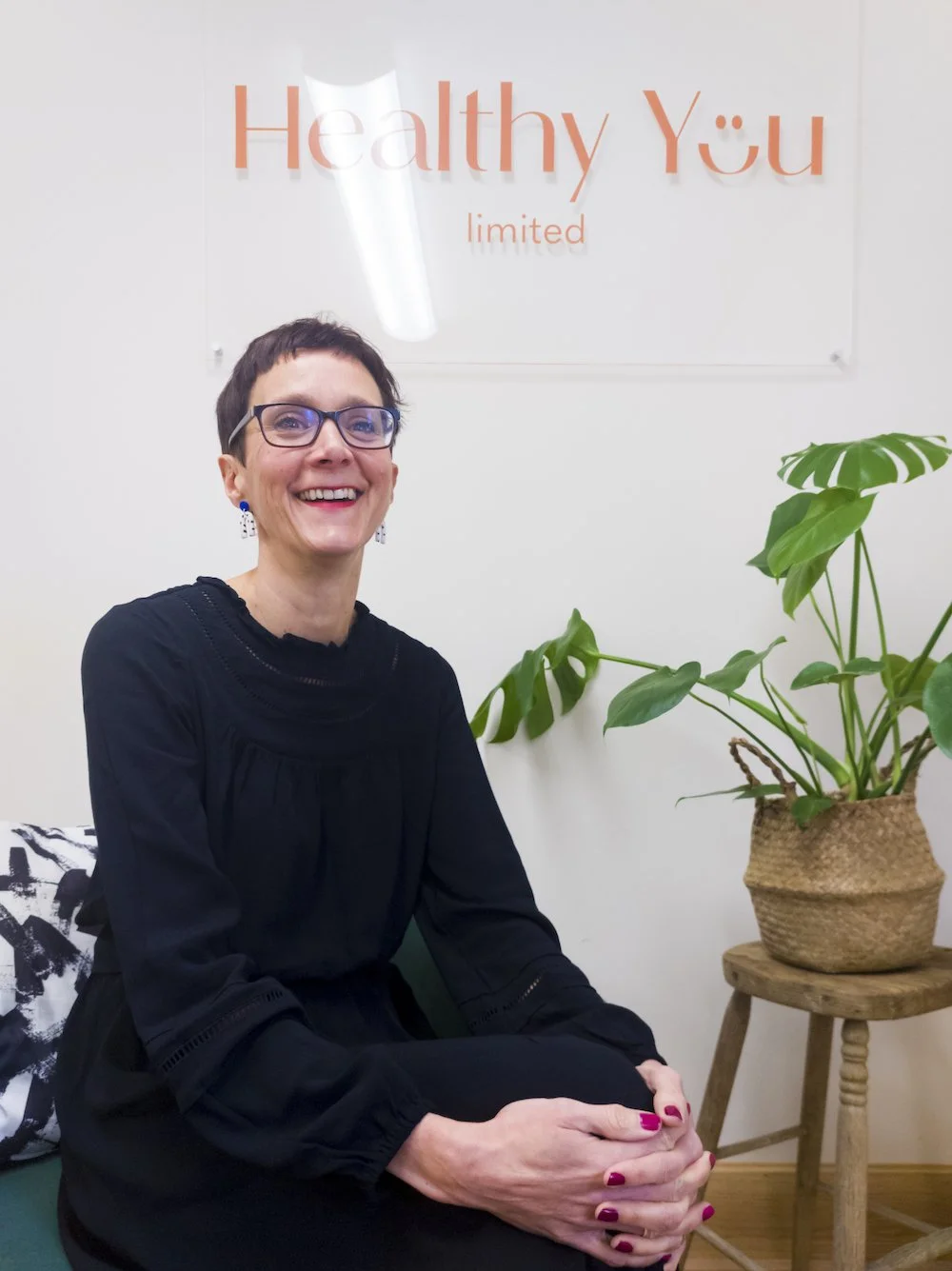Dr Rachel Lee
Chartered Clinical Psychologist
Dr Rachel Lee (she/her) is a Chartered Clinical Psychologist working with adults with a range of complex mental health problems. Rachel specialises in working with people who are experiencing trauma symptoms, as a result of being involved in or witnessing distressing events, whether these are single events, or repeated events. Rachel received her Doctorate in Clinical Psychology from the Institute of Psychiatry, Psychology & Neuroscience, King’s College London in 2005. Rachel also holds a Postgraduate Diploma in Cognitive Therapy from Durham University (awarded in 2009). Rachel has worked in the NHS for over 15 years in a range of settings; she is currently the psychology lead for a large community mental health team and the clinical lead for a Dialectical Behaviour Therapy Service.
Clinical areas of expertise:
Rachel works through a trauma-informed lens and has expertise in working with trauma as a result of a single event and also more complex trauma presentations from repeated or prolonged trauma and/or adverse childhood experiences. Rachel also specialises in anxiety disorders and emotional dysregulation. In addition to offering individual therapy, Rachel enjoys and finding innovative ways to improve and develop services and delivering group interventions, workshops and training. Rachel uses a range of evidence-based psychological therapies, including Eye Movement Desensitisation and Reprocessing Therapy (EMDR), Cognitive Behavioural Therapy (CBT), Acceptance and Commitment Therapy (ACT) and Dialectical Behaviour Therapy (DBT). Rachel is an accredited EMDR and CBT therapist. She enjoys the outdoors and a range of sports and takes a holistic view to mental health and wellbeing.
Research Interests:
Rachel enjoys participating in research and is interested in the mechanisms of therapy and ways of enhancing psychological interventions. Rachel has a number of publications and was awarded an early career research grant by the British Association of Behavioural and Cognitive Psychotherapies in 2009, in order to investigate sudden gains in CBT for panic disorder. More recently, she investigated the possibility of using photographs to enhance engagement and shared experiences within mental health interventions. Rachel teaches on the Doctorate in Clinical Psychology at the universities of Leeds and Sheffield.

